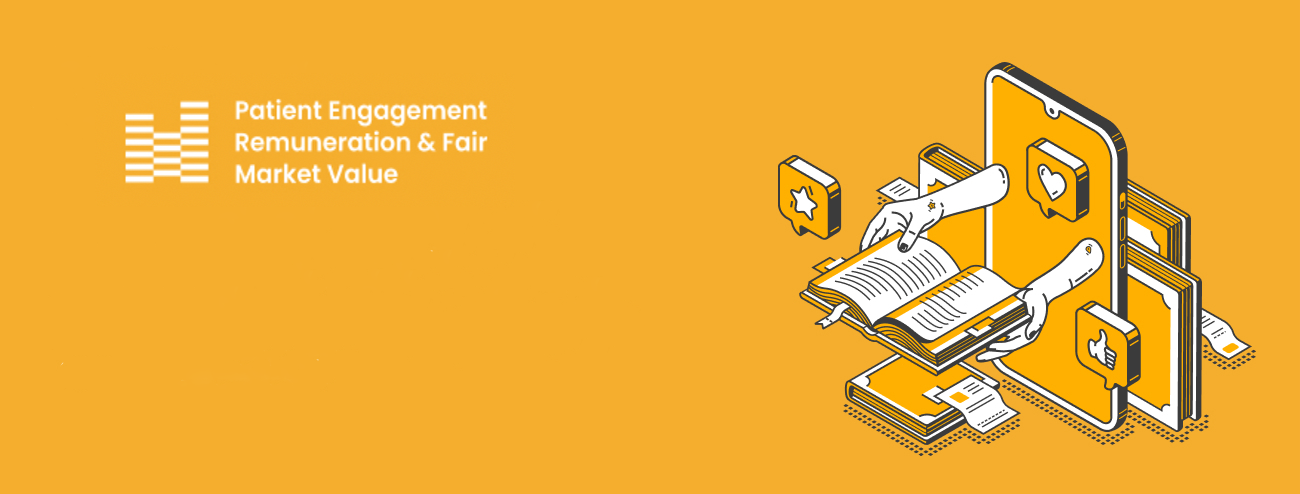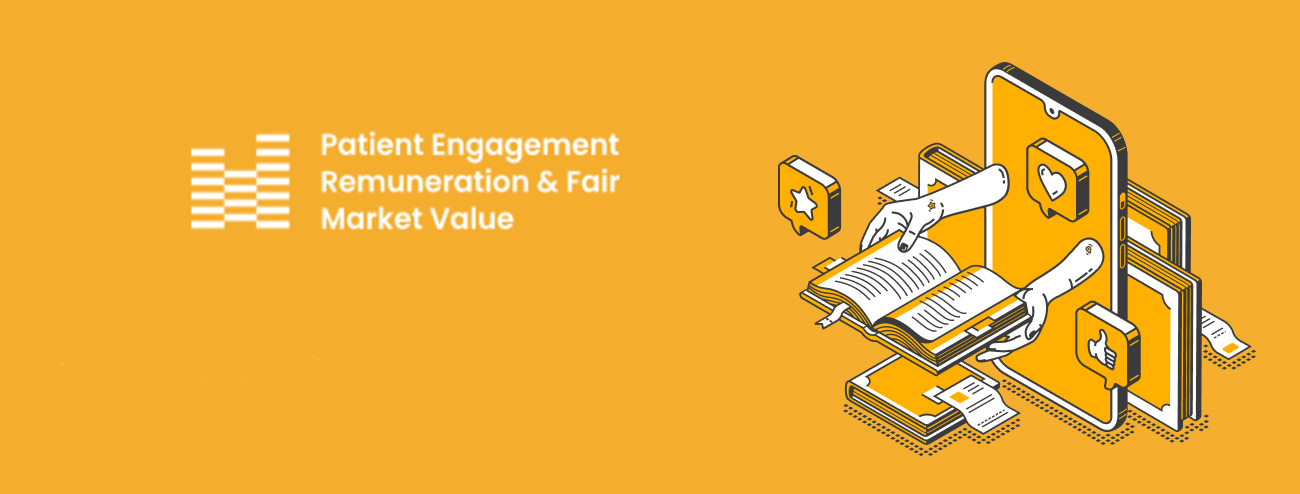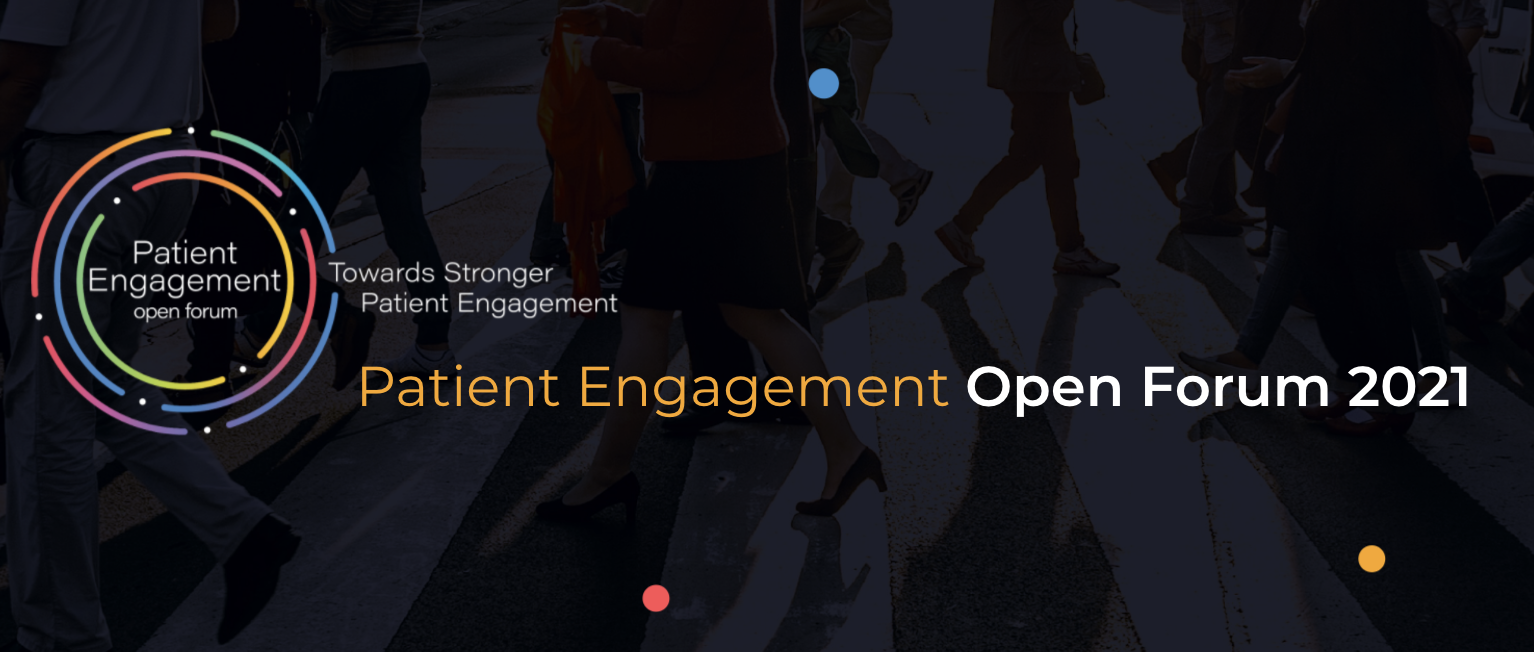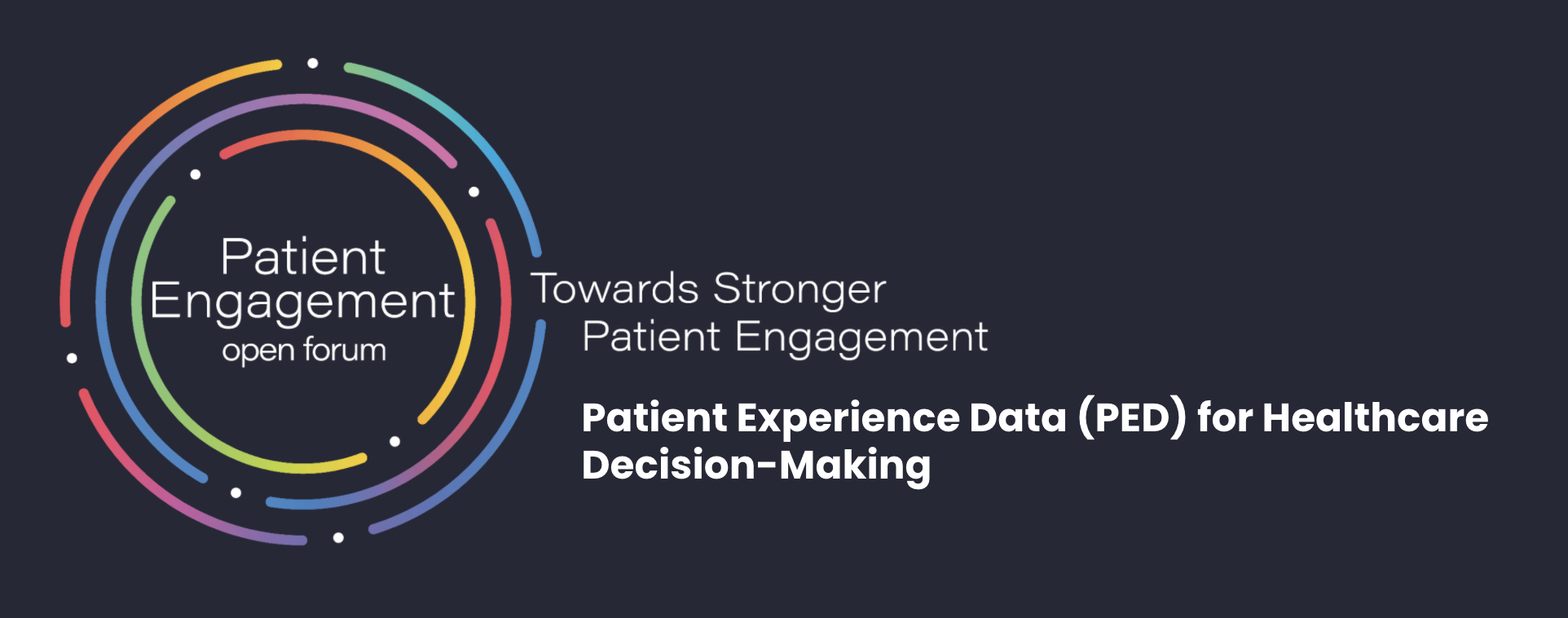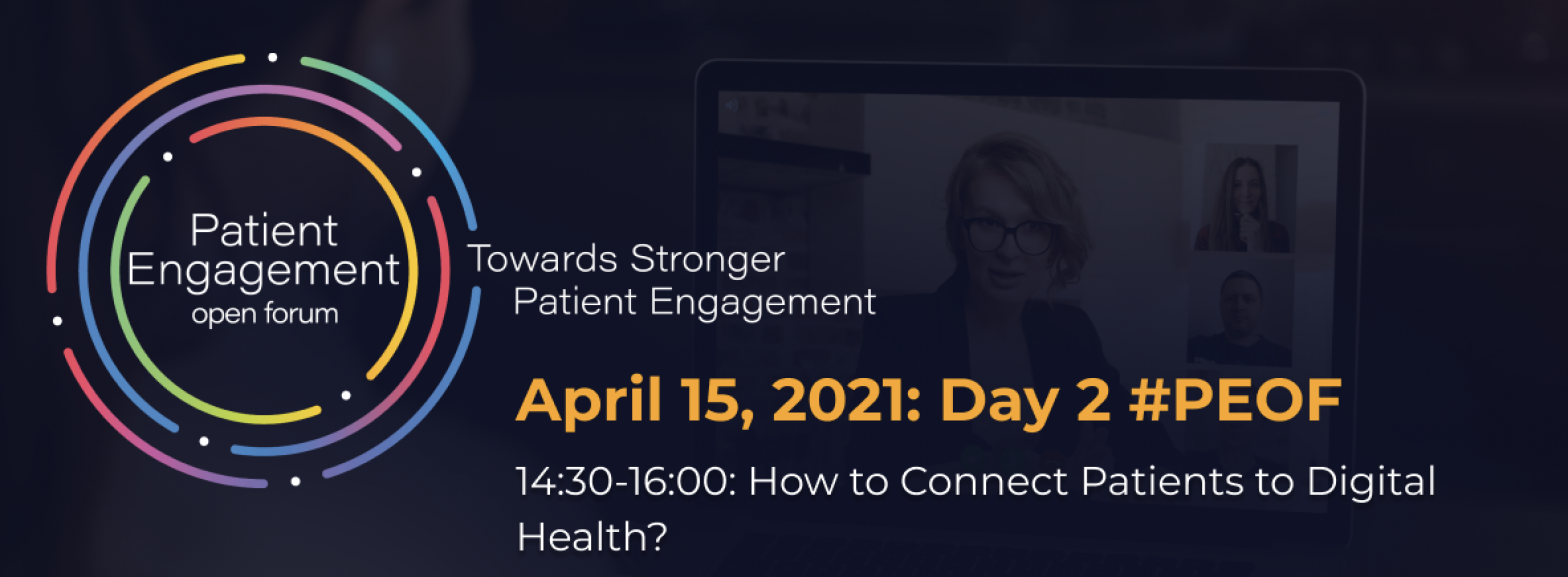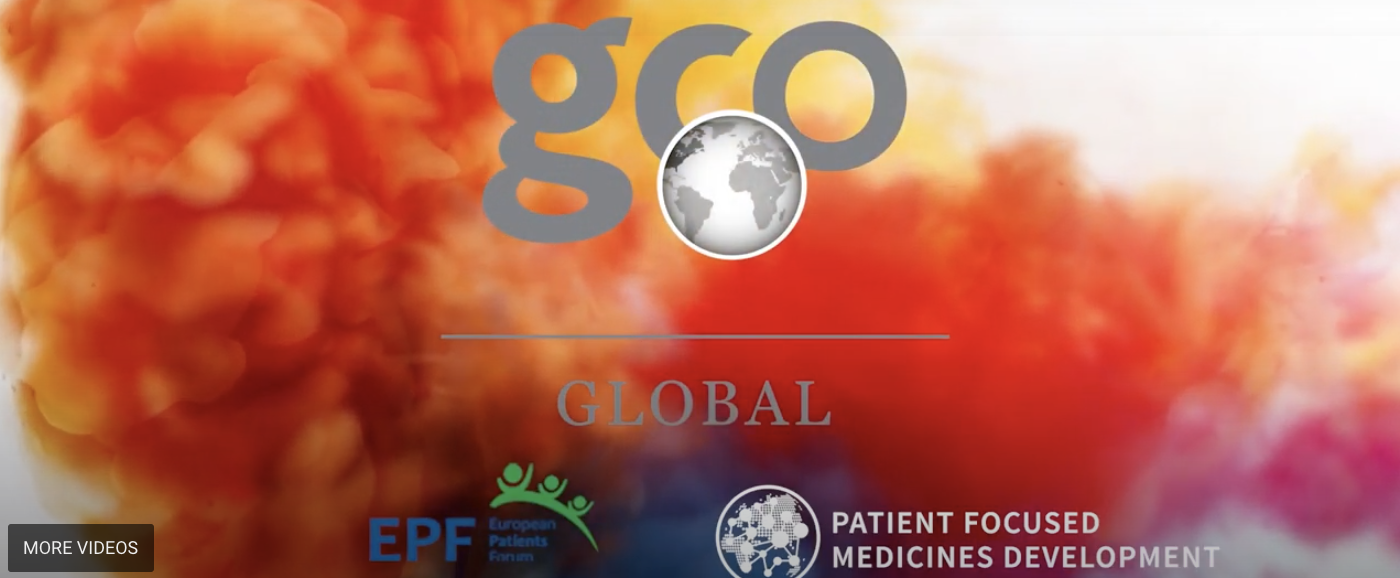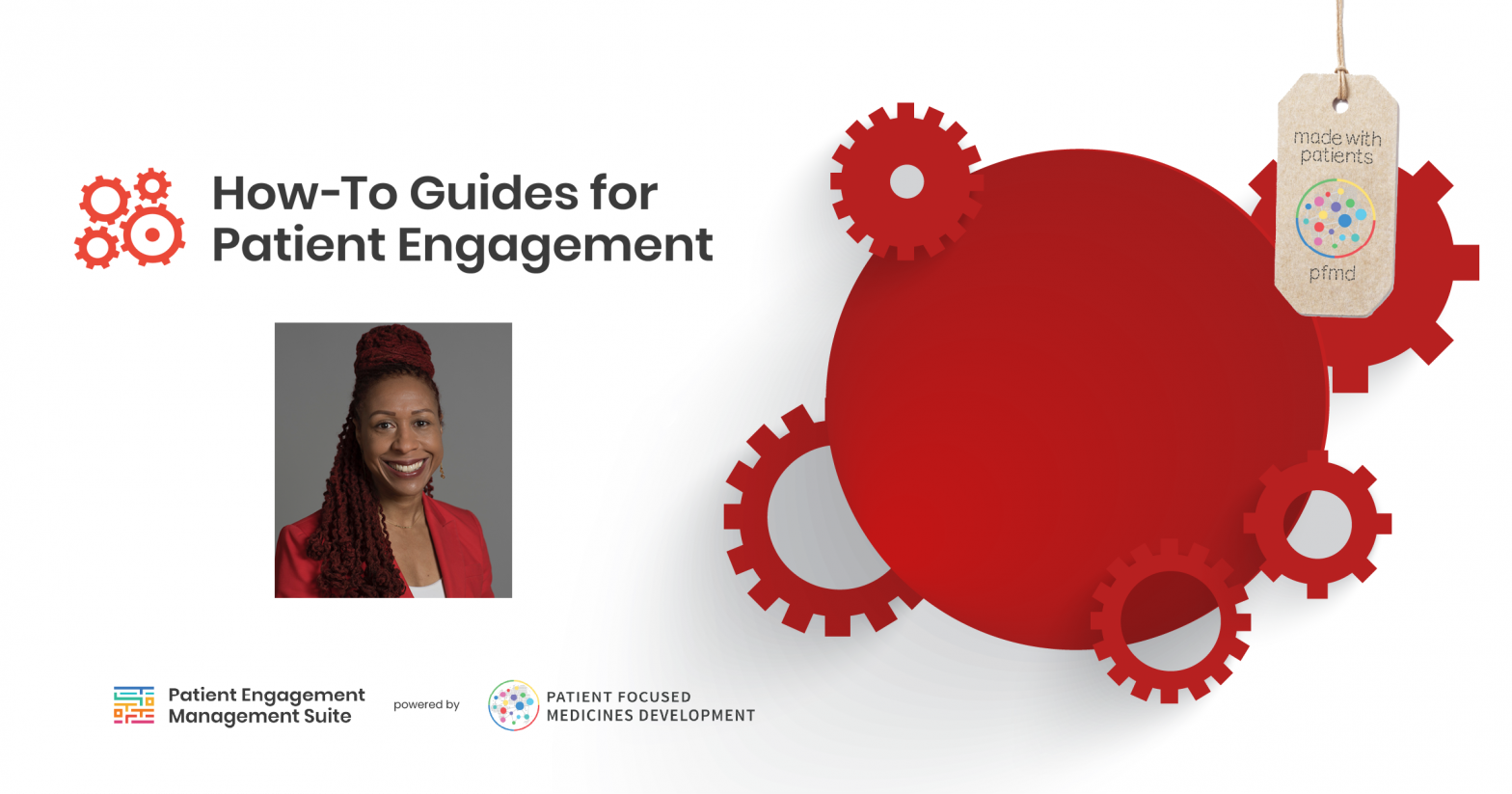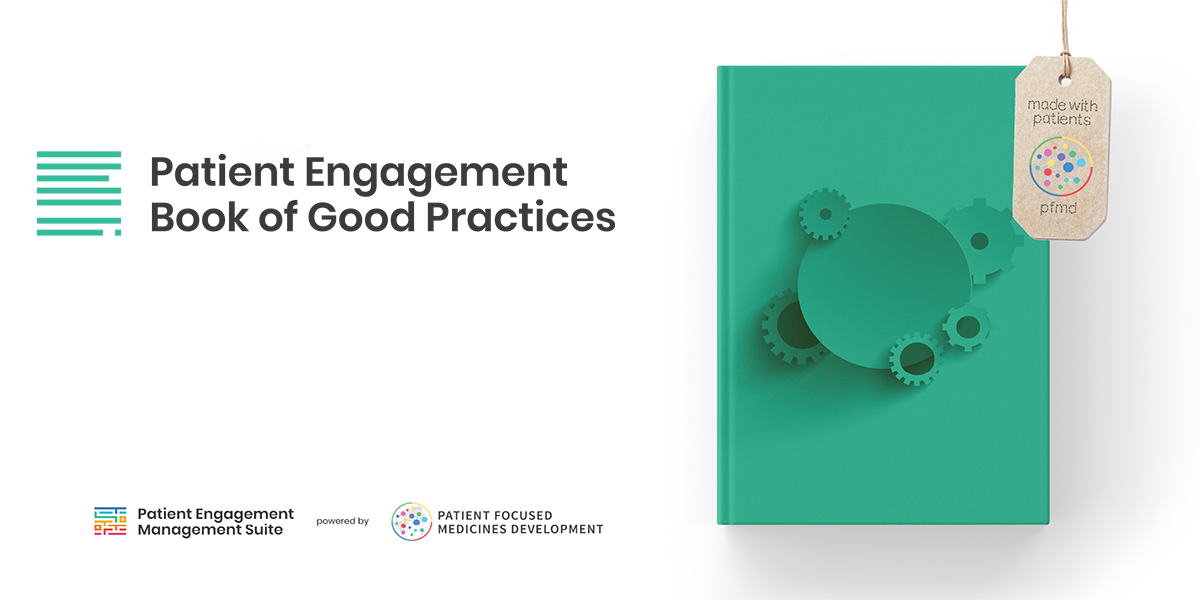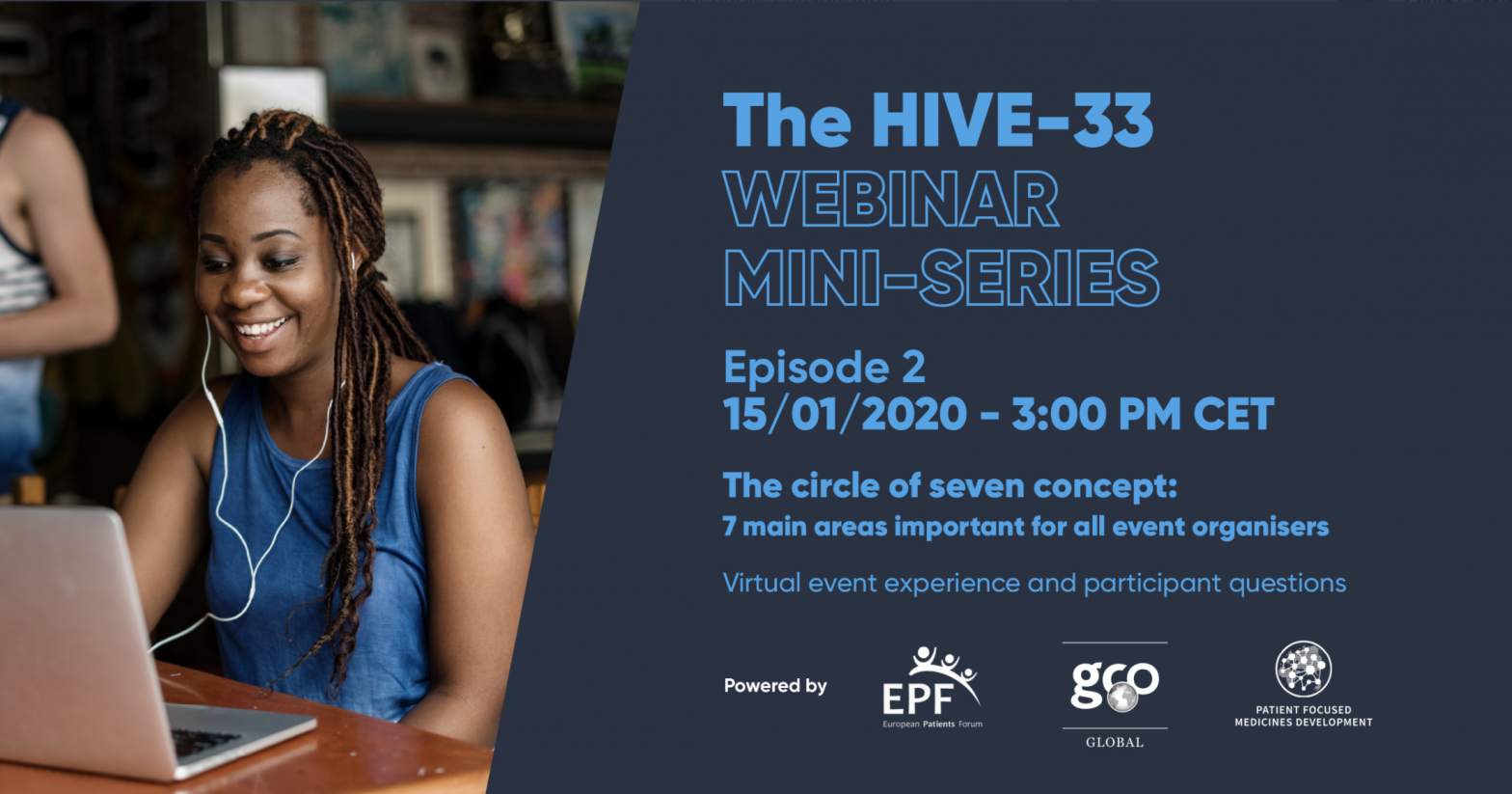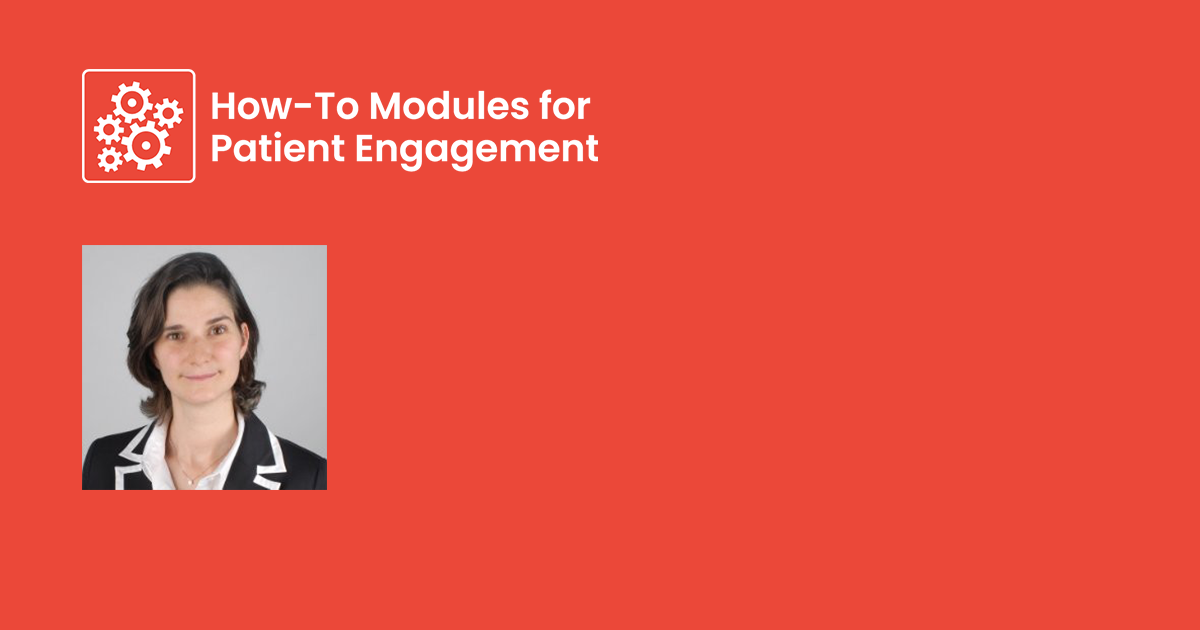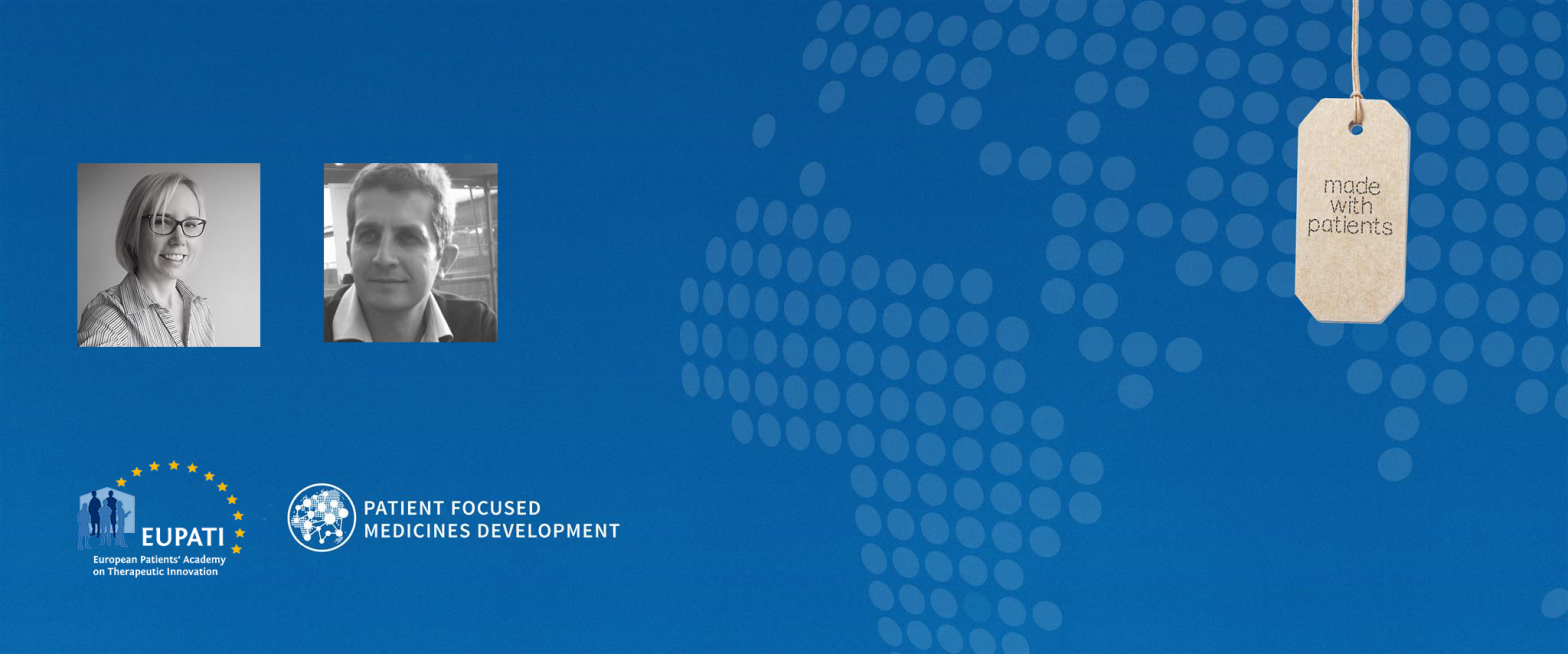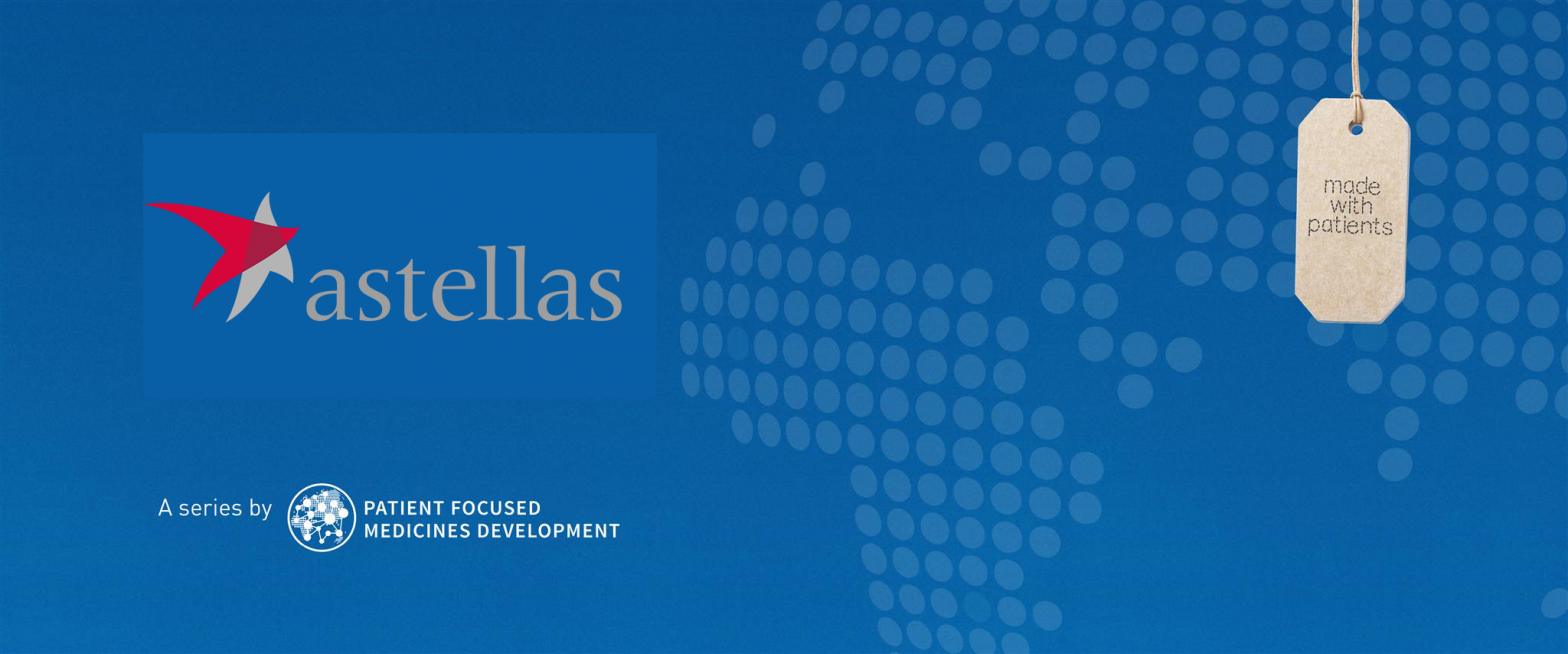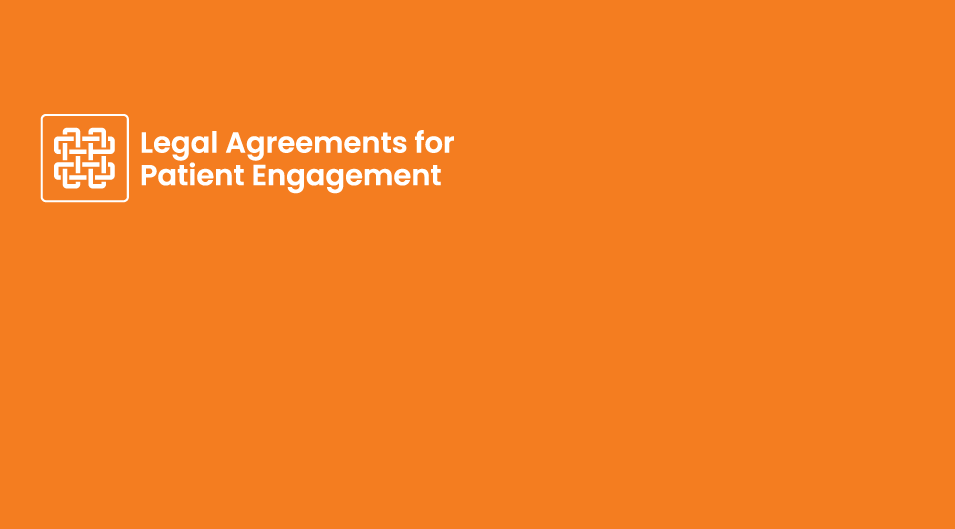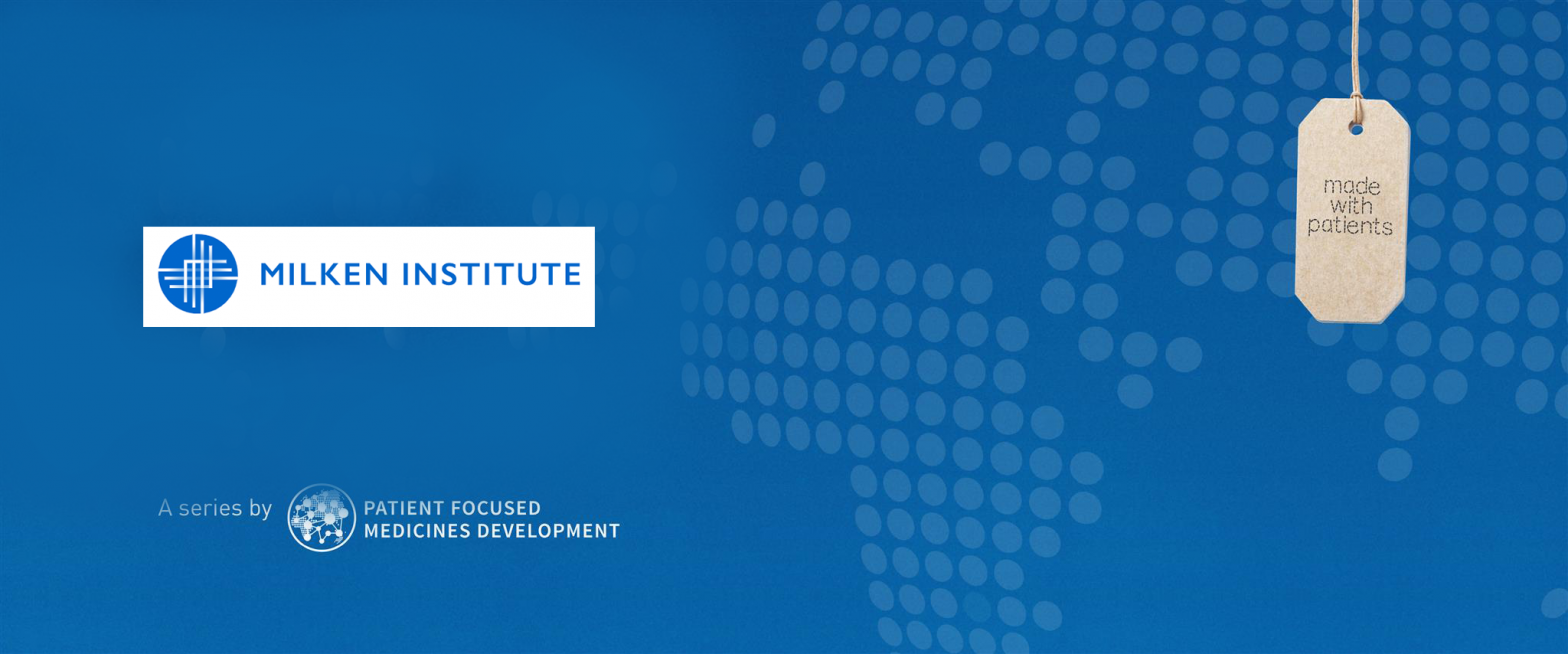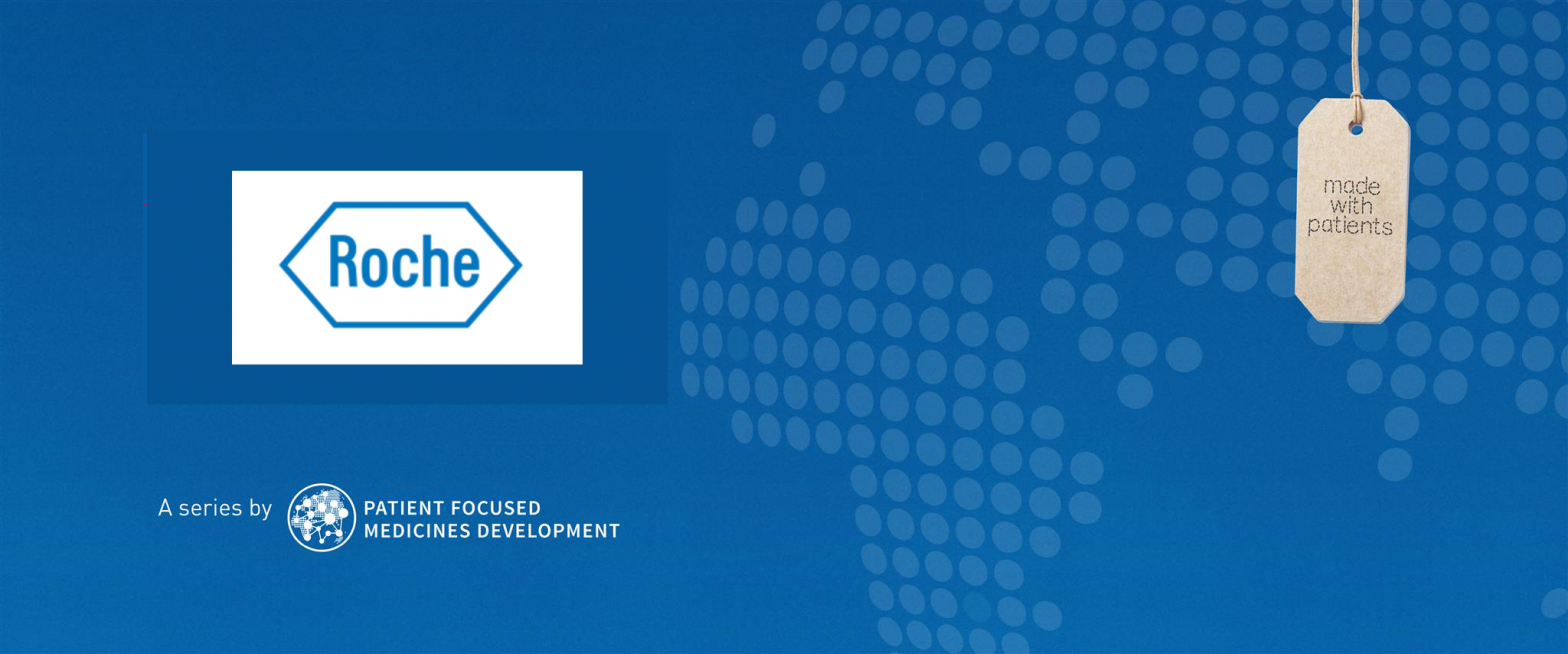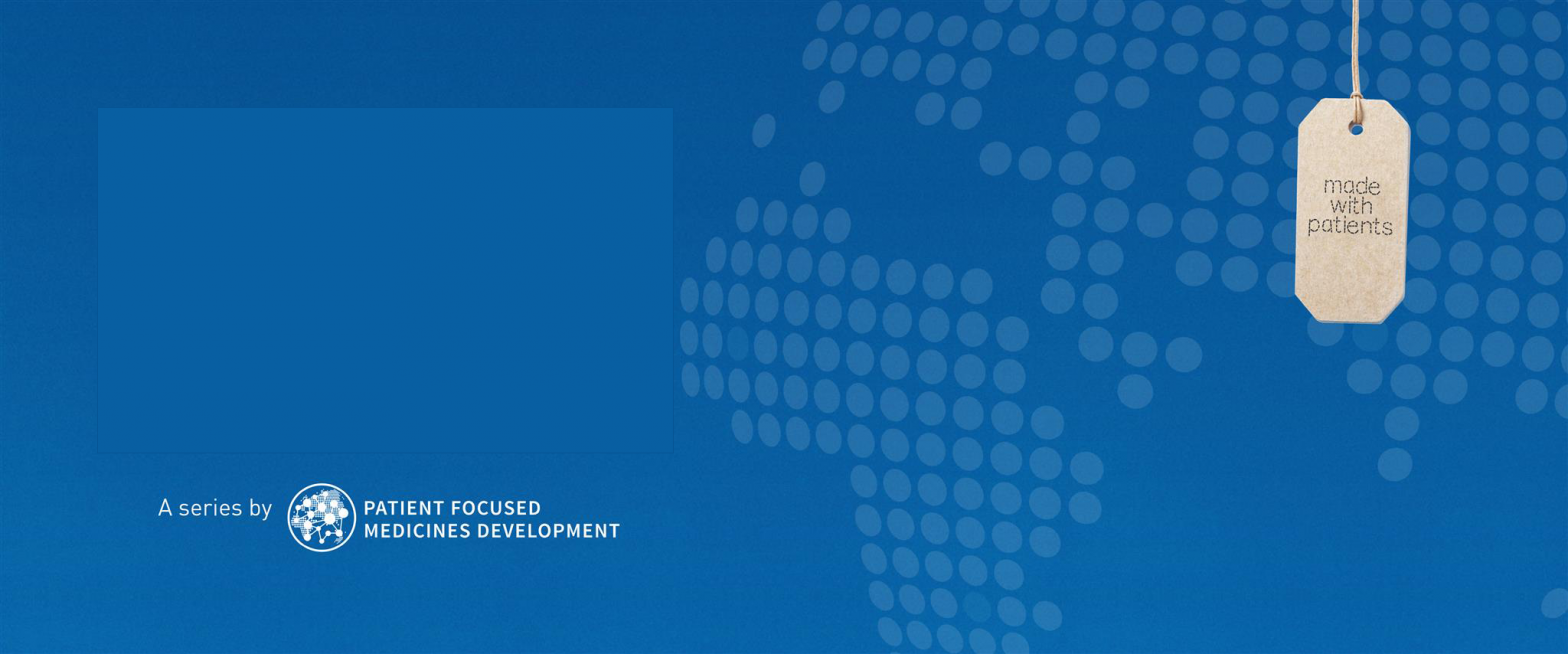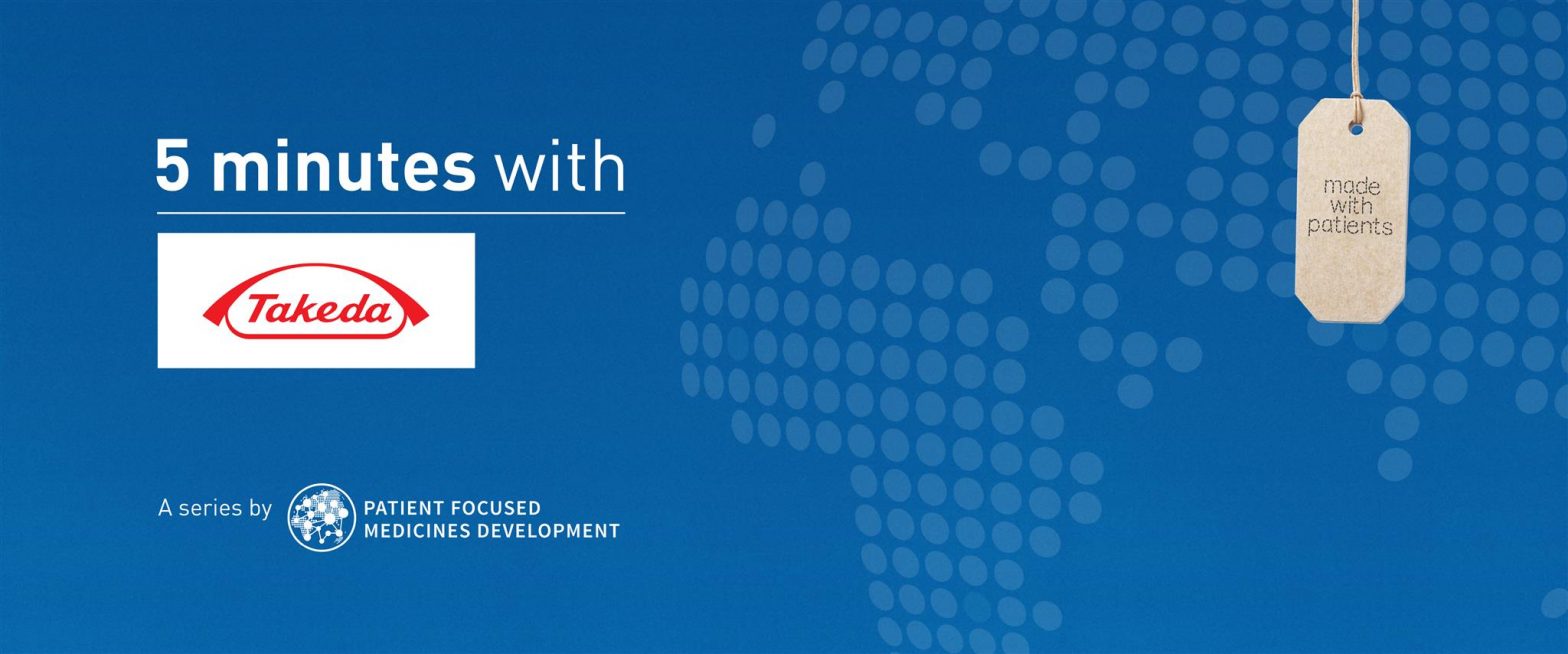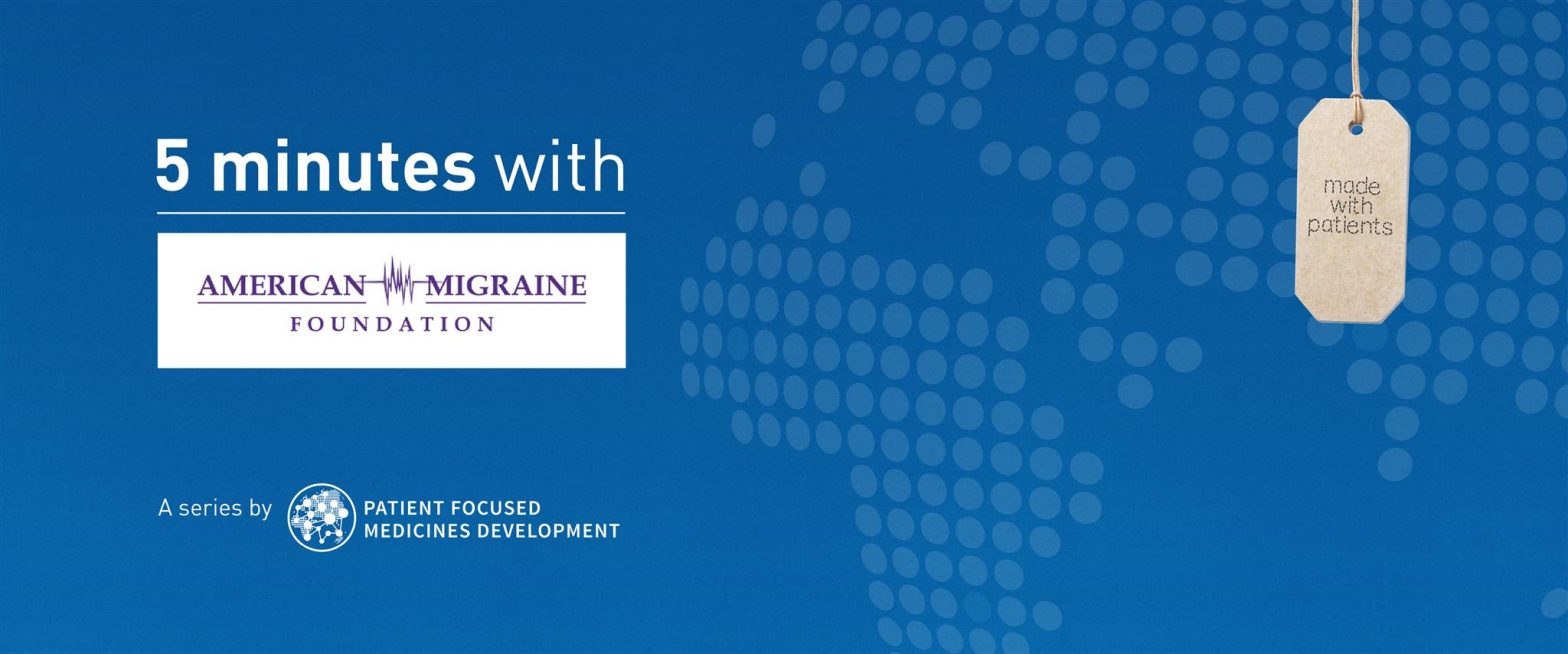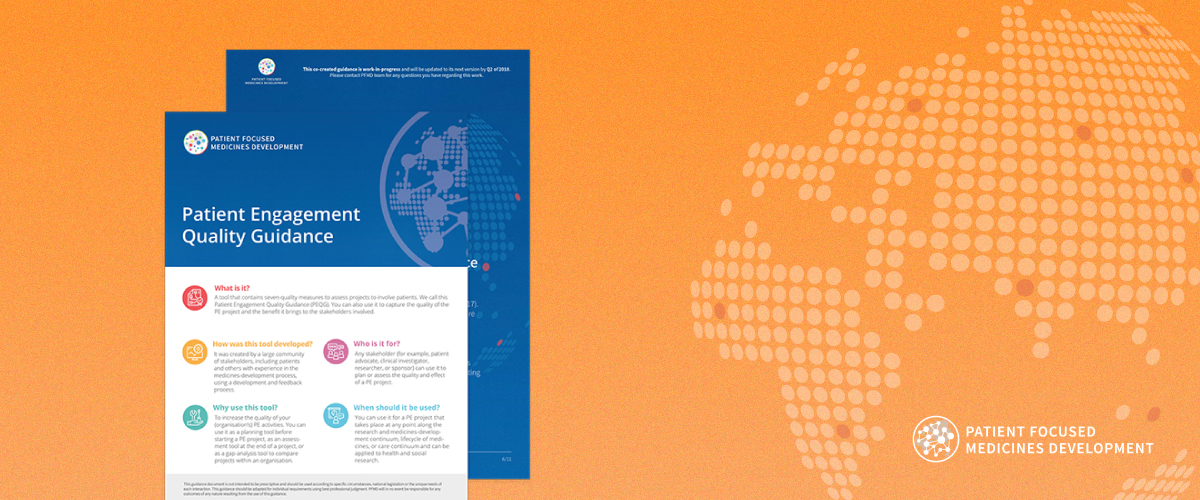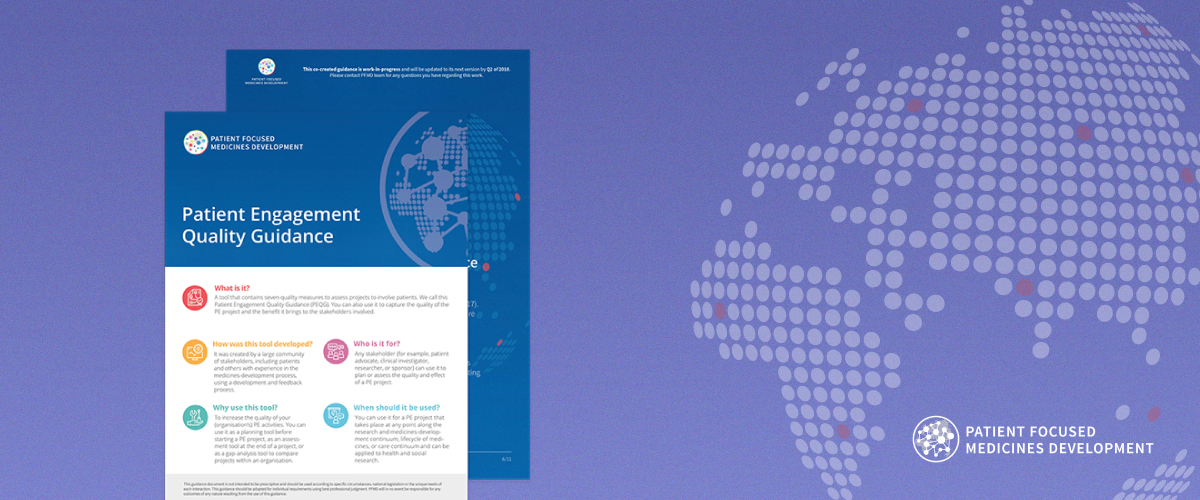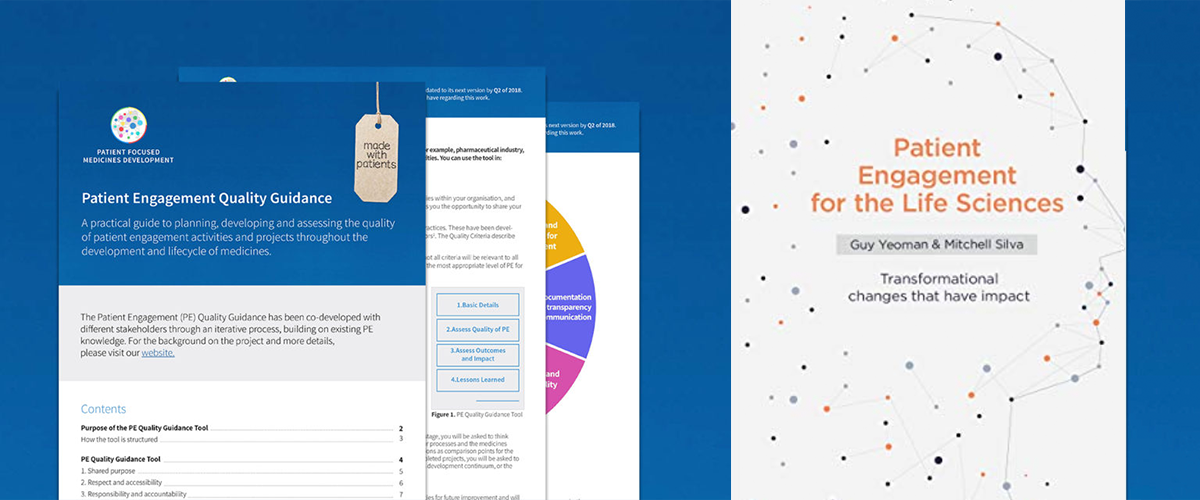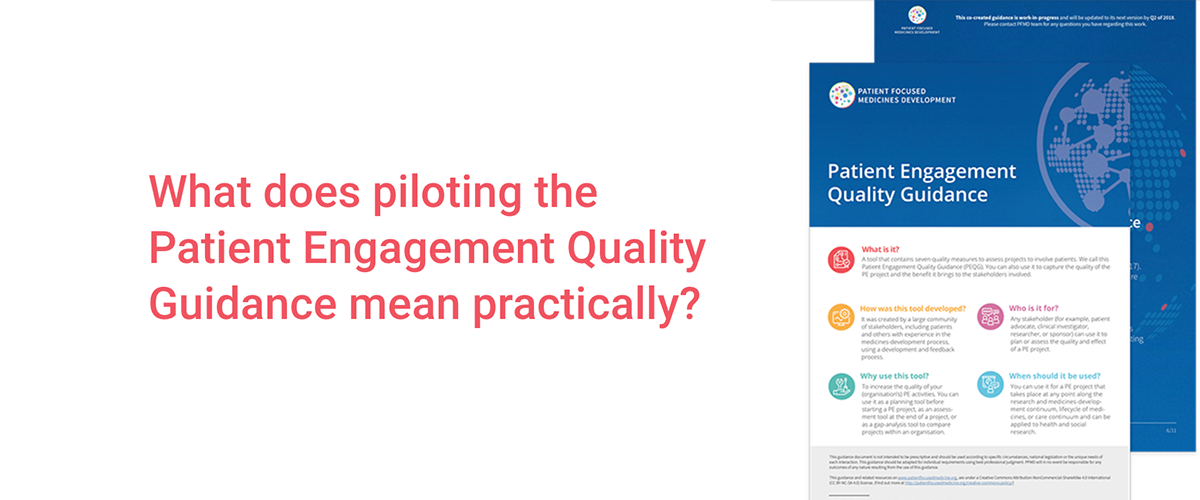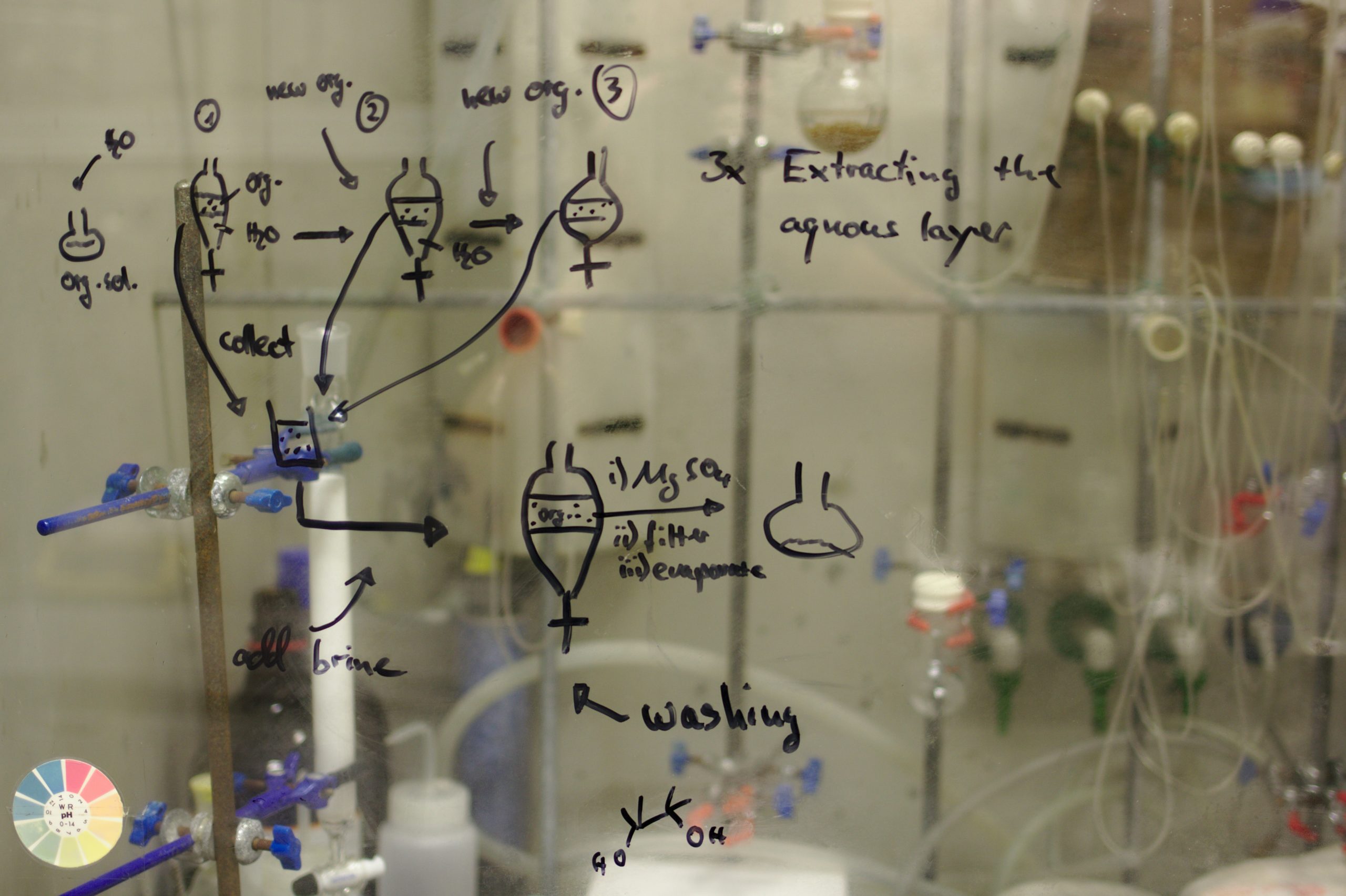Patients are increasingly seen as playing a valuable role in setting research priorities, designing clinical trials and informing market access decisions. But sometimes they are the only people in the room expected to give their time voluntarily. Is it time for a change?
PFMD has conducted a survey of stakeholders to deepen understanding of their views on Fair-Market Value. Here, in a series of interviews, we present the views of patient representatives and industry on how they are moving the field forward.
The European Federation of Pharmaceutical Industries and Associations (EFPIA) represents research-based medicines companies – the key players in the development and manufacture of pharmaceuticals. Zsofia Bakonyi, Senior Manager, Partnerships at EFPIA, shares her views on the importance of acknowledging the contribution patients can make.
Why is there a need for patient-specific guidance on Fair Market Value?
Healthcare is about people. In order to deliver better medicines, better care and ultimately better outcomes for patients, we need to listen to them: we need to understand their needs, their disease experience and priorities. This can only happen through constant dialogue and collaboration. Patient organisations and patient experts play a vital role in informing research strategies and shaping healthcare.
Despite their valuable role, patients have not always been valued in the same way as other stakeholders. For example, on a multi-stakeholder panel where patients were participating together with healthcare professionals (HCPs), often only the HCPs got paid, even if patients’ contribution and the experience was equally relevant to the discussion.
Treating patients equally to others, considering the value of their experience and their time invested is essential to make sure they can participate and have their voice heard. The reality is, many representatives are doing this on a voluntary basis because they believe they can and need to help others who suffer from the same disease. Often they do not get paid by the patient organisation and possibly even need to take time off their day job.
Why is it important to have contractual agreements in place?
The relationship between patients, patient representatives and the pharmaceutical companies needs to be at all times ethical, transparent and based on a legitimate need. It is important to have a contractual agreement in place that is clear and understandable for both parties. In this context, remuneration needs to be clarified as well: Should the patient or patient advocate be paid for their contribution? And if so, how much? How can we get to fair market value?
While many companies already have guidelines in place, we understood there was a need to be more consistent in our approach across the industry and make it easier for patients and patient experts to navigate this relationship and to understand the basis of remuneration decisions. Our aim was to get to a basic set of principles, a list of key factors – agreed both by patient representatives and industry representatives – that need to be taken into consideration when companies take such decisions.
Is there a difference in how we should be compensating individual patient experts and patient groups? If so, how do you address these differences in the EFPIA guidance?
If a patient advocate represents the organisation where they are employed, the payment is made directly to the organisation. The rules around these payments are covered by the EFPIA Code of Practice. When companies are making a decision on remunerating individual patient experts, then they can turn to the recently developed principles.
The industry has an obligation to disclose all payments made to patient groups. Does this also apply to payments made to individual patient experts that are not affiliated to a patient group?
Indeed, companies have an obligation to disclose payments made to patient organizations (as it is outlined in the EFPIA Code of Practice) but not to individual patient experts. Disclosure of payments to individual patients may raise data privacy concerns and we also need to be aware of sensitivities, especially in the case of patients who suffer from rare or stigmatised diseases like HIV.
The National Health Council, PFMD and WECAN are also addressing the issue of fair market value for patients. How do these initiatives fit together?
It is critical for both patients and companies to have clarity and consistency in terms of guidance. As the thinking around patient engagement evolves, there are various initiatives, organisations and groups that tackle similar issues. It is increasingly important that we try to work together to avoid multiple sets of guidance that result in a lack of alignment.
We all have our role to play in advancing the field of patient engagement and all perspectives are equally valuable. But we need to keep in mind that the goal is to foster these relationships by providing a transparent and safe environment for both parties and to ultimately deliver better outcomes for patients, healthcare systems and society through collaboration.



